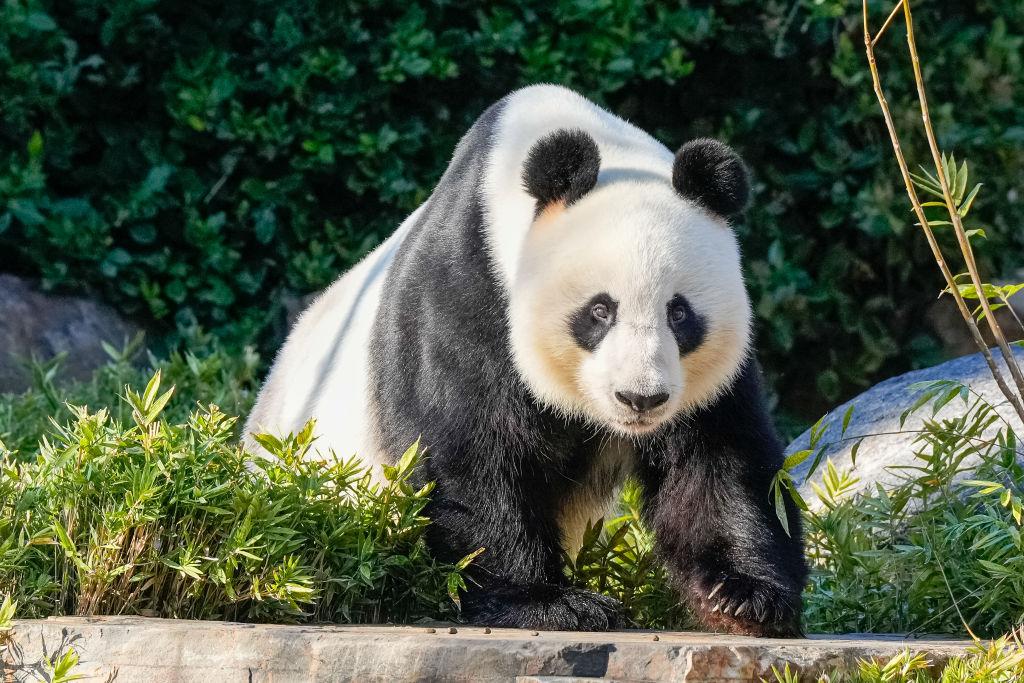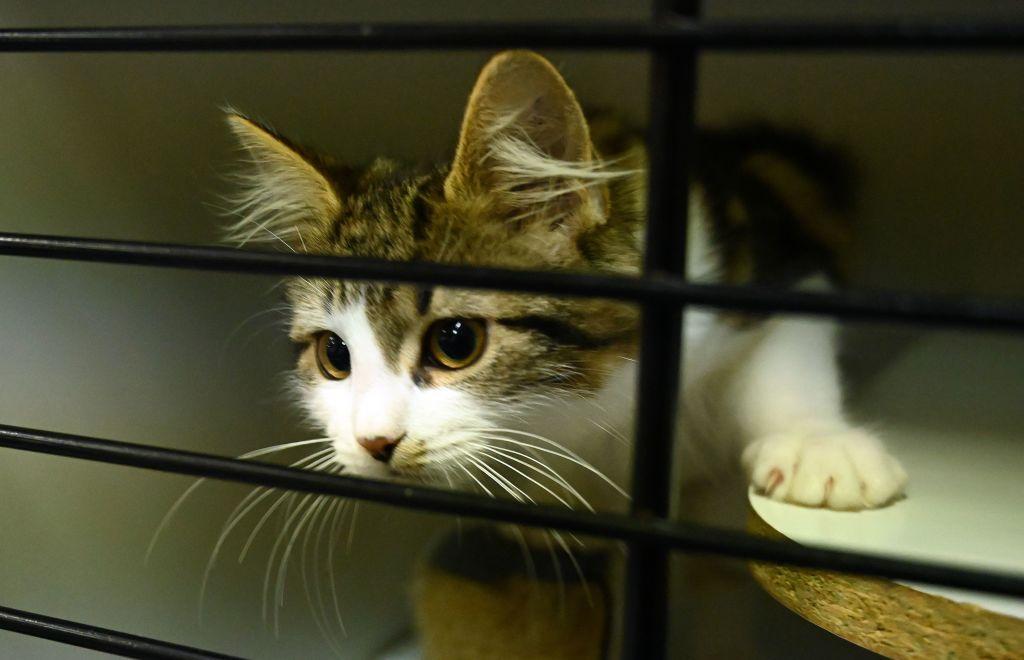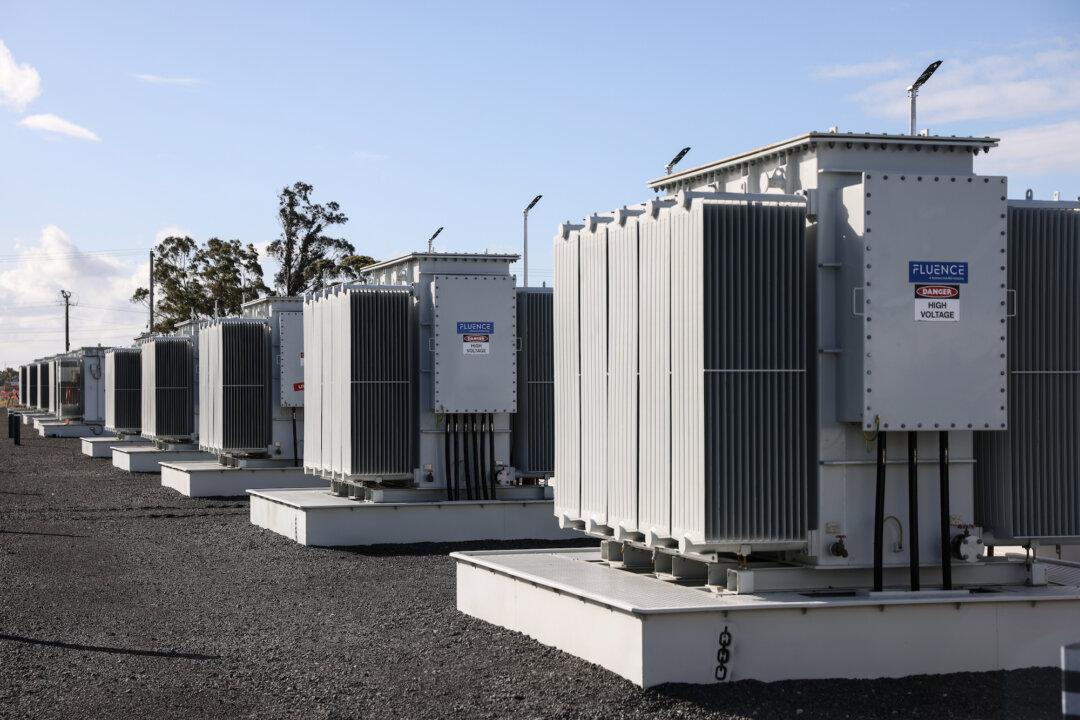The beloved giant pandas at Adelaide Zoo are set to return to China at the end of 2024 but Australia will not be left pandaless.
Australian Prime Minister Anthony Albanese joined Chinese Communist Party (CCP) Premier Li Qiang at Adelaide Zoo on June 16 to visit the two giant pandas named Wang Wang and Fu Ni, who are on loan from China.




